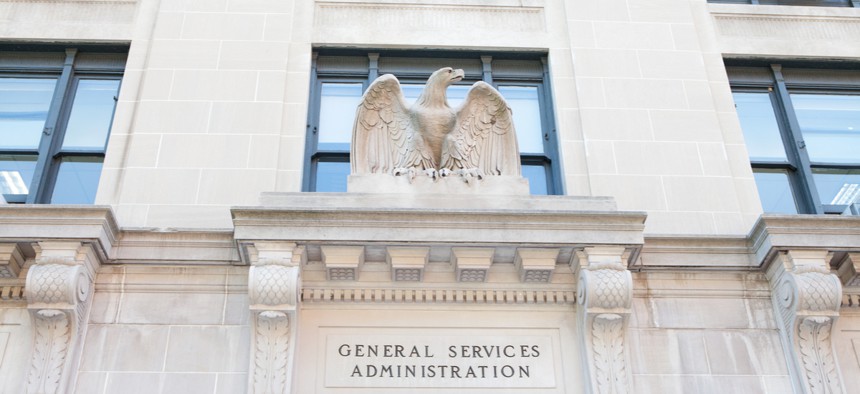Watchdog: GSA Assuming ‘Unnecessary’ Risk in Telecom Transition

Mark Van Scyoc/Shutterstock.com
The Federal Acquisition Service has doled out $9 million to agencies supporting the EIS rollout without receiving the required interagency agreements.
The General Services Administration's Federal Acquisition Service is engaging in risky business by providing $9 million in contract support services to agencies without securing interagency agreements that ultimately ensure payment.
Such interagency agreements are required by the Federal Acquisition Regulation, but FAS provided services anyway in a rush to meet deadlines imposed by the Enterprise Infrastructure Solutions transition, according to an audit by the GSA inspector general. Due to expiring contracts, all agencies must start buying telecommunications and network infrastructure from the EIS contract by 2020.
GSA awarded the $50 billion EIS telecommunications contract last year, and through the Transition Ordering Assistance task order, GSA is also responsible for helping agencies transition from the Networx contract to EIS. However, FAS “has not executed interagency agreements with transitioning agencies for services being provided under the TOA task order.”
“As a result, FAS is at risk for disputes over contract oversight responsibilities, which may lead to waste of taxpayer dollars and delays in EIS transition,” the audit states.
In addition to violating the FAR, the audit states FAS’ lack of signed interagency agreements violates “authoritative guidance” from the Office of Management and Budget, the Government Accountability Office and “FAS’ own draft interagency agreements.”
FAS officials acknowledged the lack of interagency agreements “poses a risk” and admitted they proceeded without them “in order to meet deadlines.” Officials said they would comply with the IG’s recommendation to “immediately execute interagency agreements” with all transitioning agencies receiving support services.
GSA did not provide additional context or comments when contacted by Nextgov.






